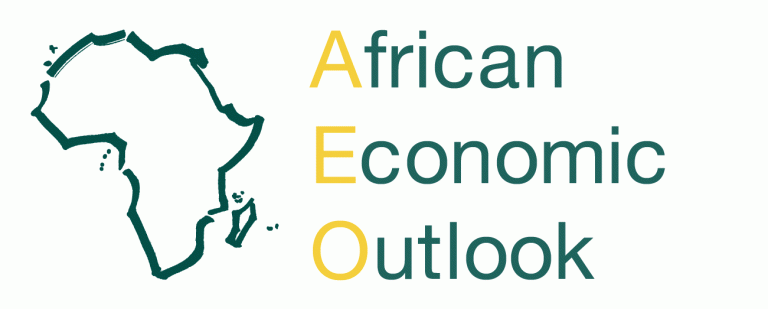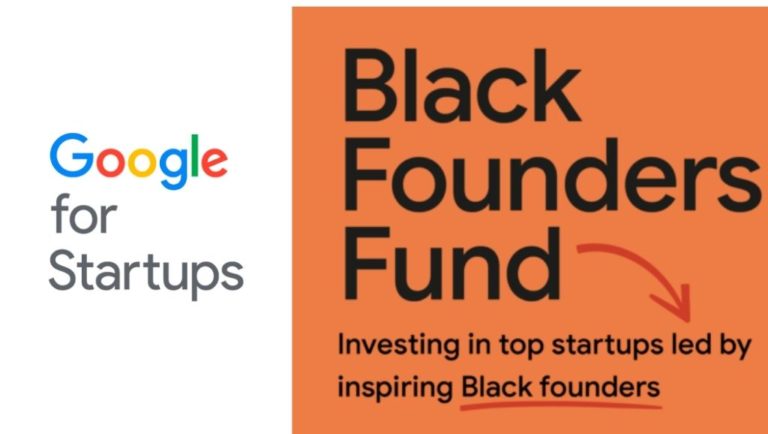African governments and tech entrepreneurs are working together to improve the health supply chains

According to recent study, African governments are working with tech entrepreneurs to boost regional health supply chains.
Nearly 50 partnerships between health startups and African governments were found to be aimed at streamlining supply chains and enhancing health outcomes throughout the continent.
The new annual market intelligence report from healthcare consulting firm Salient Advisory highlights the powerful pan-African ecosystem of entrepreneurs enhancing the security and effectiveness of health supply chains across the continent.
The first pan-African landscape of health supply chain innovators on the continent, the report is titled “Innovations in Digitising Health Supply Chains in Africa” and was funded by the Bill and Melinda Gates Foundation. It monitors more than 350 tech-enabled innovators who are digitizing supply chain operations in 27 African nations.
During the COVID-19 epidemic, a wave of supply chain innovations arose, but it was unclear how their business models would fare in the long run. Even though the rate of new entries has significantly slowed, research indicates that African governments have formed nearly 50 partnerships with health supply chain innovators, using their tech-enabled solutions to address long-term issues with the accessibility, availability, and quality of health products in public health supply chains.
Governments have a great interest in adopting digital order and inventory management solutions, as evidenced by the fact that over half of the partnerships identified focus on helping governments digitise ordering and inventory management to increase efficiency and reduce waste.
While the majority of innovators collaborating with governments are more experienced, like Zipline and mPharma, numerous younger businesses, like Nigeria’s Figorr and Zimbabwe’s Vaxiglobal, have also forged public sector relationships early on.
Government interest in backing technologies that bring social benefit while creating jobs seems to be growing as Africa’s digital landscape expands. These partnerships are becoming more prevalent, which is encouraging for governments all over the continent as they create policies that support innovation.
Inequalities in financing trends are still visible throughout the ecosystem for health supply chain innovation. Despite the fact that innovators have raised US$2.6 billion in capital since their formation, US and European e-commerce businesses and providers of medical drone delivery services have received 77% of that total, while the other innovators have only raised US$584 million.
However, just 9% of all funding has been raised by businesses in this area since their formation, despite the government’s apparent interest in ordering and inventory management advances being significant and offering a viable road to growth.
“The research provides the first in-depth analysis of innovators in the African health supply chain powered by technology. We are astonished—and delighted—to find that there are so many national and local governments collaborating with innovators. Remi Adeseun, director at Salient Advisory, said, “We implore global health funders, agencies, and industry partners to cooperate with governments and investors in supporting high-potential innovators, aiding in the development of more effective and robust healthcare supply chains while creating jobs.






